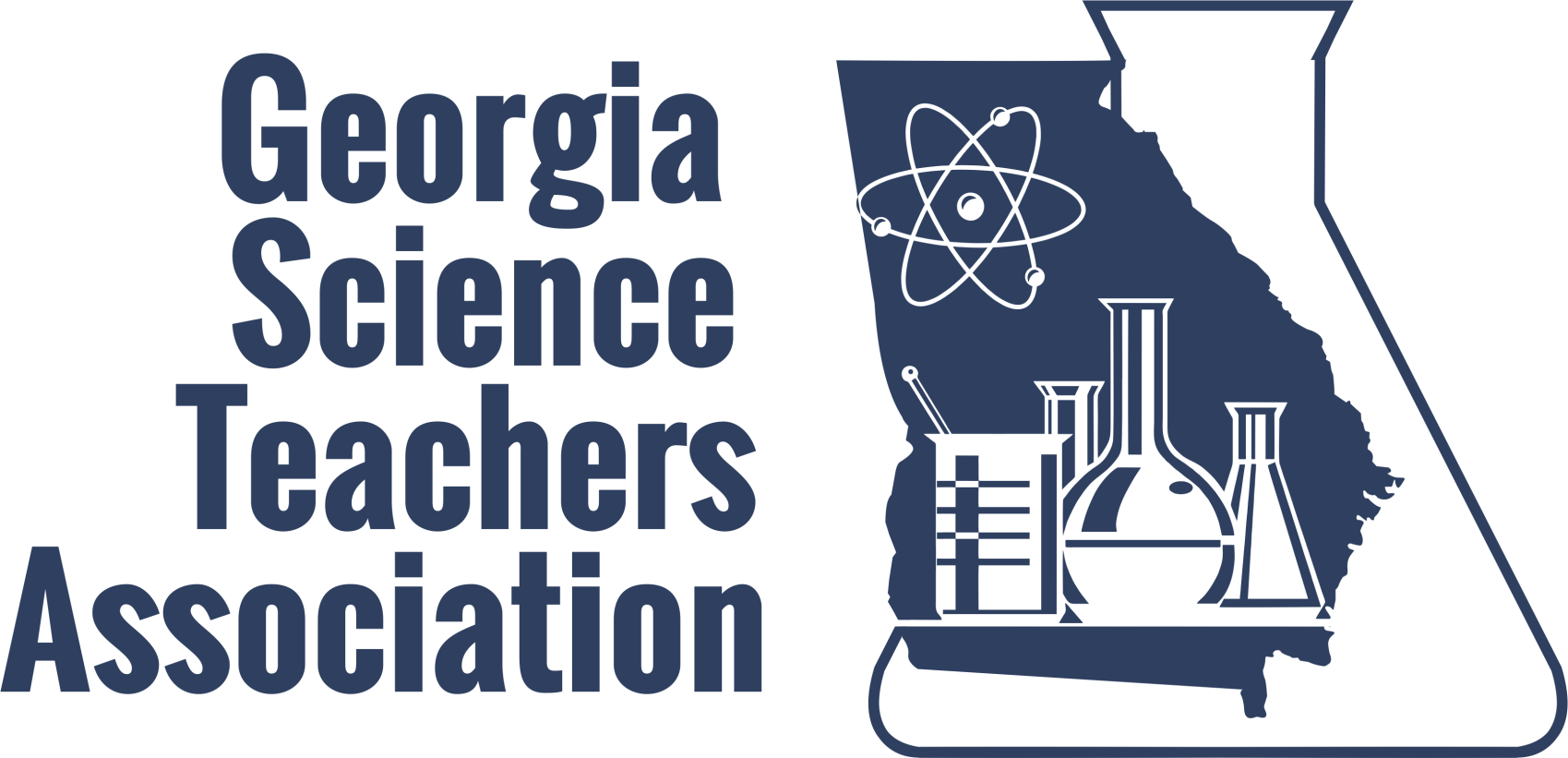Georgia Science Teachers Association Legislative Report – January 2016
The 2016 session of the Georgia General Assembly is picking up speed as more legislation continues to be filed, and committee hearings began in earnest this week. Your GSTA team at the Capitol is actively monitoring relevant legislation as it moves through the committee process and will continue to report throughout the legislative session.
HB 801, sponsored by House Speaker Pro Tempore Jan Jones (R-Milton). This bill, which has strong support from House leadership, seeks to allow the University System of Georgia to add GPA weights to certain STEM courses which would exclusively impact a student’s HOPE GPA. The purpose of the bill is to prevent students from being discouraged from pursuing STEM courses because of the impact that the rigor could have on their HOPE scholarship eligibility.
Status: The House Higher Education Committee approved this bill unanimously. The bill now sits on the House General calendar awaiting movement to the floor by the House Rules Committee. The University System of Georgia, Technology Association of Georgia, and numerous other key stakeholders are supportive of this legislation.
HB 739, sponsored by Rep. Kevin Tanner (R-Dawsonville). This bill, which was drafted in consultation with the Department of Education and numerous school districts, seeks to bring greater transparency to the instructional materials adoption process. The bill would require local districts to institute an instructional material review process that includes an easily accessibly public notice and a parental component.
Status: The House Education Subcommittee on Academic Achievement and Curriculum, which is chaired by Rep. Mike Dudgeon (R-Johns Creek), approved this bill unanimously. The bill is slated to be heard by the full House Education Committee early next week.
HB 816, sponsored by Rep. Billy Mitchell (D-Stone Mountain). This bill, entitled the “Student Religious Liberties Act of 2016” seeks to address students’ expression of religious viewpoints in public schools. A portion of the bill addresses the expression of religious viewpoints through coursework and classroom assignments. The bill would put into law that students shall not be penalized or rewarded on account of the religious content of their work. Instead, a student's academic work that expresses a religious viewpoint would be evaluated based on ordinary academic standards of substance and relevance to the course curriculum or requirements of the coursework, artwork, or assignment.
Status: This bill has been assigned to the House Judiciary Committee, which is chaired by Rep. Wendell Willard (R-Sandy Springs). We are continuing to watch this bill closely throughout the process.
 Supporting Excellent Science Teaching for Georgia
Supporting Excellent Science Teaching for Georgia